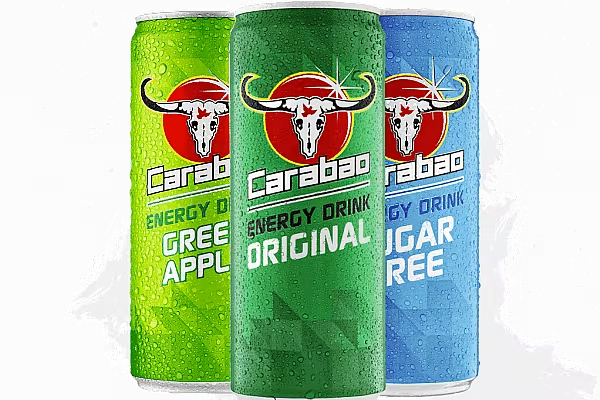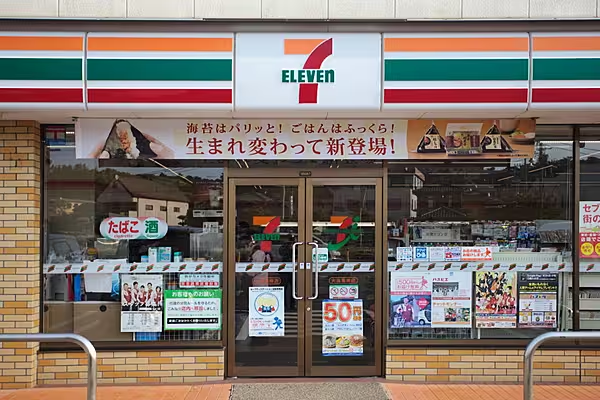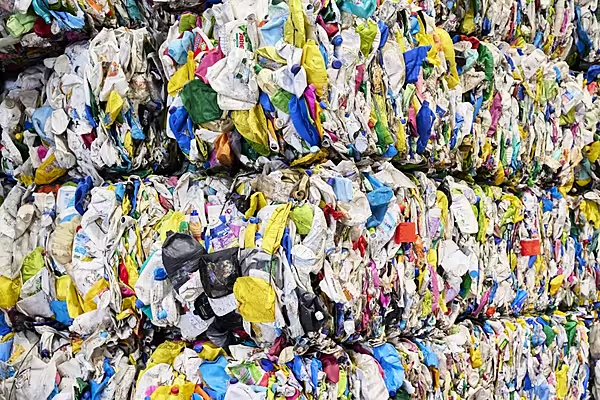There’s another energy drink pouring out massive wealth in Thailand.
Sathien Setthasit, chairman and chief executive officer of Red Bull challenger Carabao Group Pcl, has become a billionaire after the company’s shares rose 38 percent this year and lifted his net worth to $1.1 billion, according to the Bloomberg Billionaires Index.
The surge has also boosted the fortunes of multi-millionaire shareholders Nutchamai Thanombooncharoen, the group’s managing director, and Yuengyong Opakul, lead singer of the Thai rock band that inspired the company’s name.
Carabao had revenue of 9.97 billion baht ($299.8 million) in 2016 compared with 6 billion euros ($6.9 billion) for Red Bull. Both drinks have origin stories in Thailand, where Carabao outsells Red Bull. Enthusiasm for Carabao has grown along with its move into China, where Red Bull captured 80 percent of energy drink sales by retail value in 2016, according to data from Euromonitor International.
"China is a huge market," Sathien said in a speech at the Thai stock exchange on Sept. 19. "It’s an important opportunity that we have to grab."
Energy Boom
Global consumption of energy drinks is booming, producing a new crop of billionaires despite warnings from the World Health Organization that the product is a health concern for young people. Red Bull has created 12 billionaires, including Austrian marketing guru Dietrich Mateschitz, and the 11 Thai heirs of his late partner, Chaleo Yoovidhya.
Sathien stepped up sales of Carabao Energy Drink, famous for its water buffalo logo, to China this year after he reached a distribution deal with local partners. The company reported in its second-quarter results that China, representing 16 percent of total sales, had passed Cambodia as its leading market outside of Thailand.
Sathien sees an opening as Red Bull becomes the center of a dispute between its Thai owners and a China-born tycoon over rights to produce and distribute in China after a 20-year licensing deal expired.
Thailand remains the world’s most advanced energy drink market, where workers can be seen pounding cans of Carabao, Red Bull or M-150 drinks. The country’s per capita consumption is the highest in the developing world, but China could be a sleeping giant, with sales expected to grow 60 percent by 2021 to $11 billion, according to Euromonitor.
Early Microbrews
Sathien, who controls the shares through a holding company that names himself, his wife and two children as shareholders, started his career in real estate before getting into the beverage industry. He had early success mixing microbrews and local Thai food at his Tawandang Germany Brewery, which he started in 1999. He then joined Yuengyong to create a drink that could be marketed to rock fans.
The company’s success this year comes despite a few setbacks, including a botched draw for the English Football League’s Carabao Cup that triggered public apologies from the league as well as Twitter. The company also has a sponsorship deal with premier league champion Chelsea Football Club.
In April, Carabao pulled out of a proposal to invest in a $40 million distribution deal for greater China and Sathien ended up putting his own capital into the project instead. According to a recording of his recent speech that was posted on the Thai stock exchange’s website, he said it took him just three years "to beat the Red Bull in Thailand" and vowed the company will soon compete with the Austria-based competitor in China.
"Maybe China will become their big market," said Suttatip Peerasub, an analyst for Maybank Kim Eng Securities Thailand Pcl.
News by Bloomberg, edited by ESM. Click subscribe to sign up to ESM: The European Supermarket Magazine.














